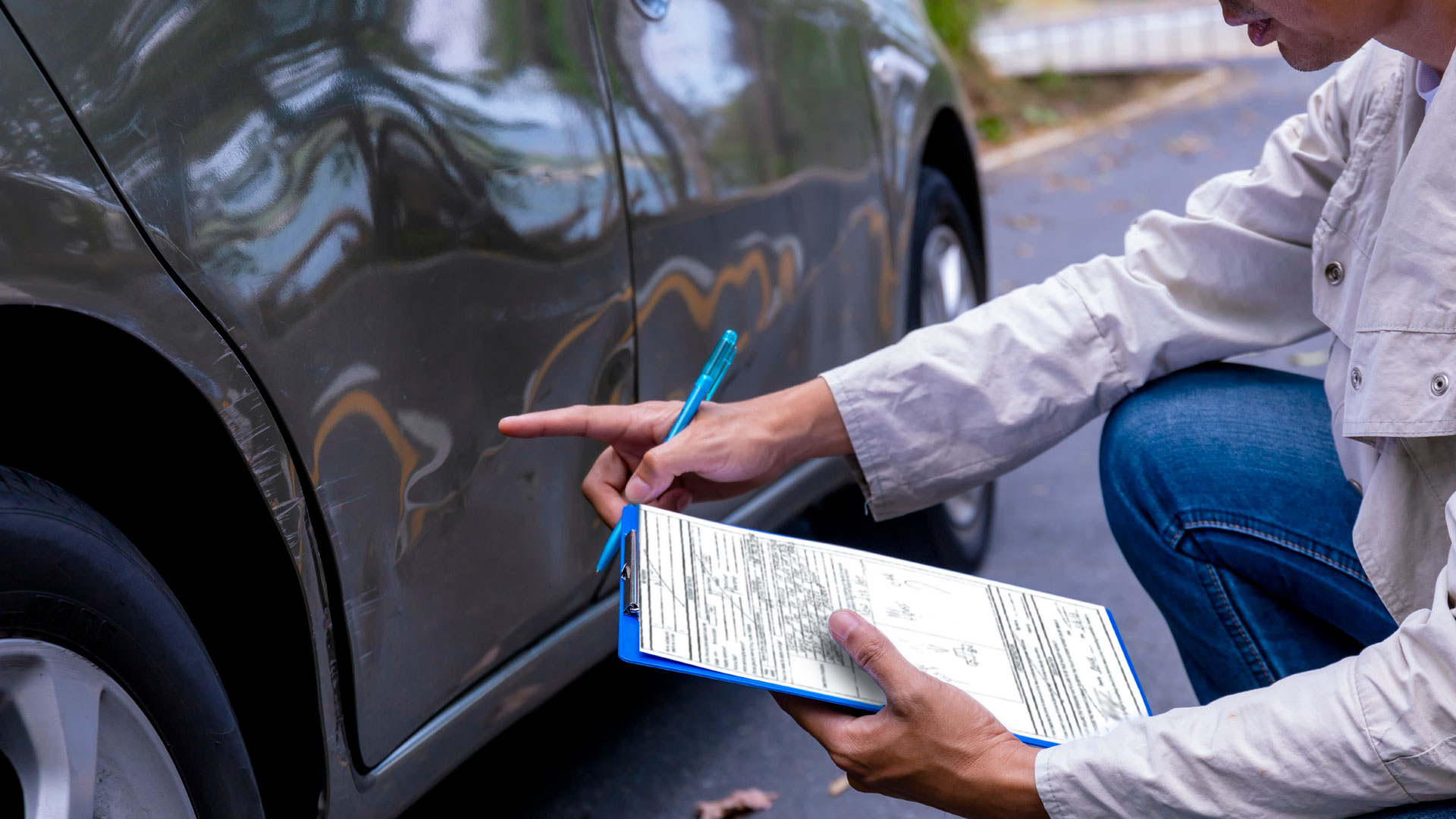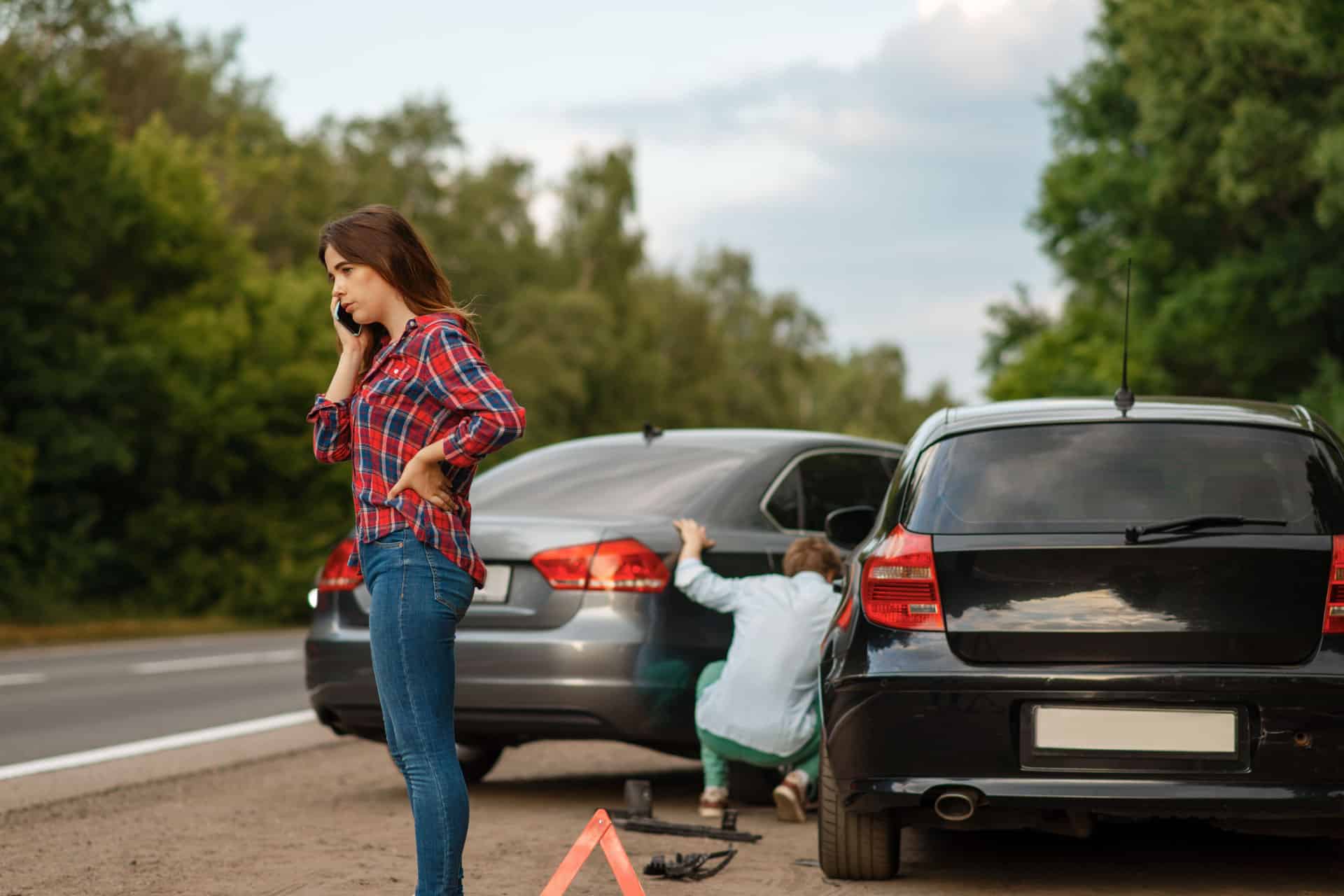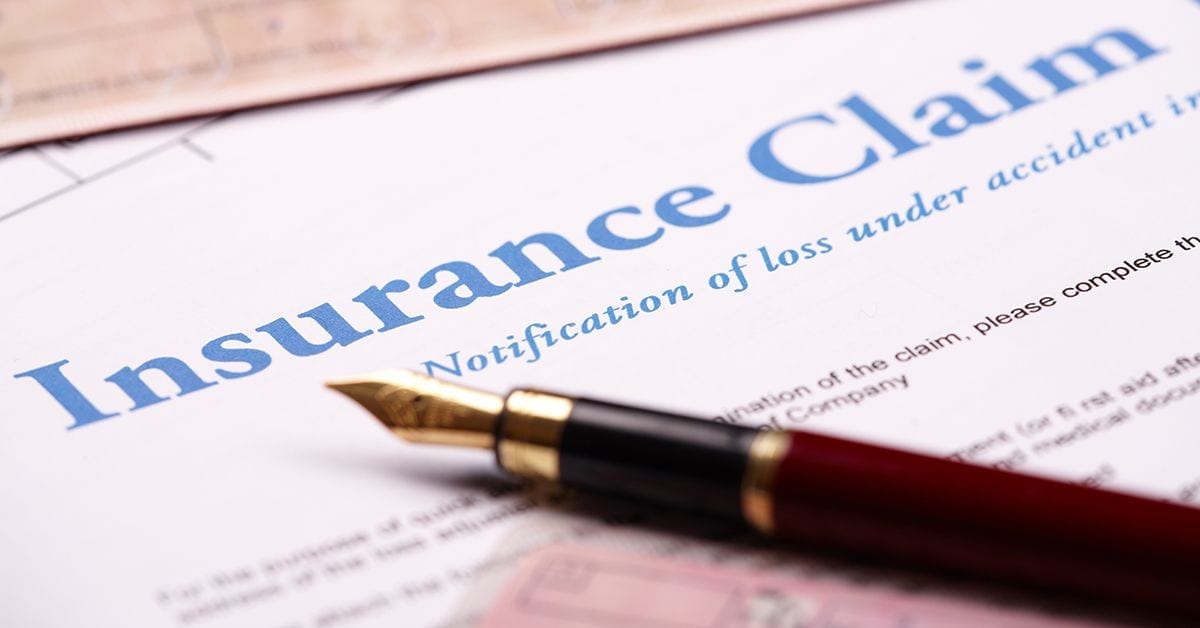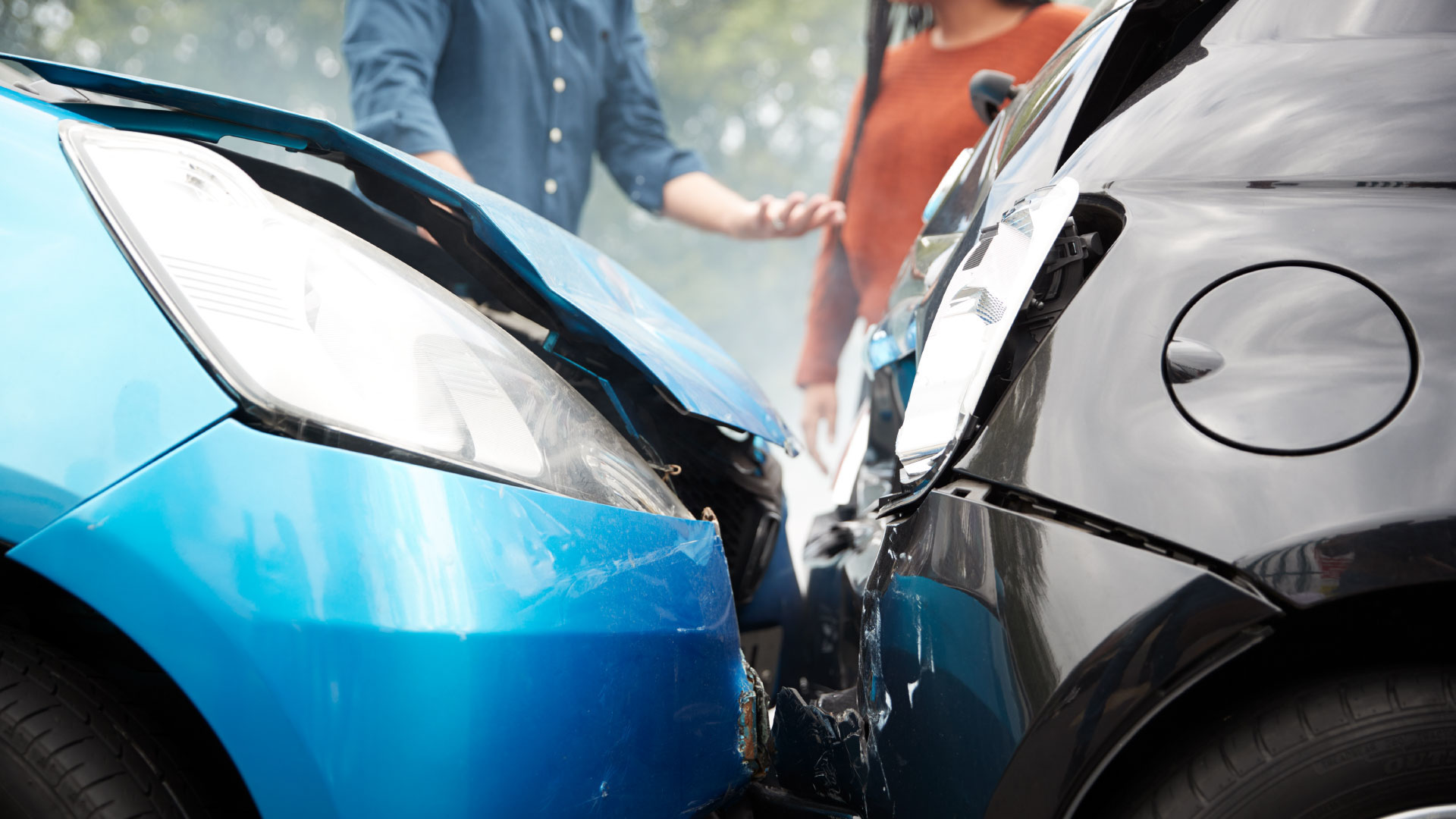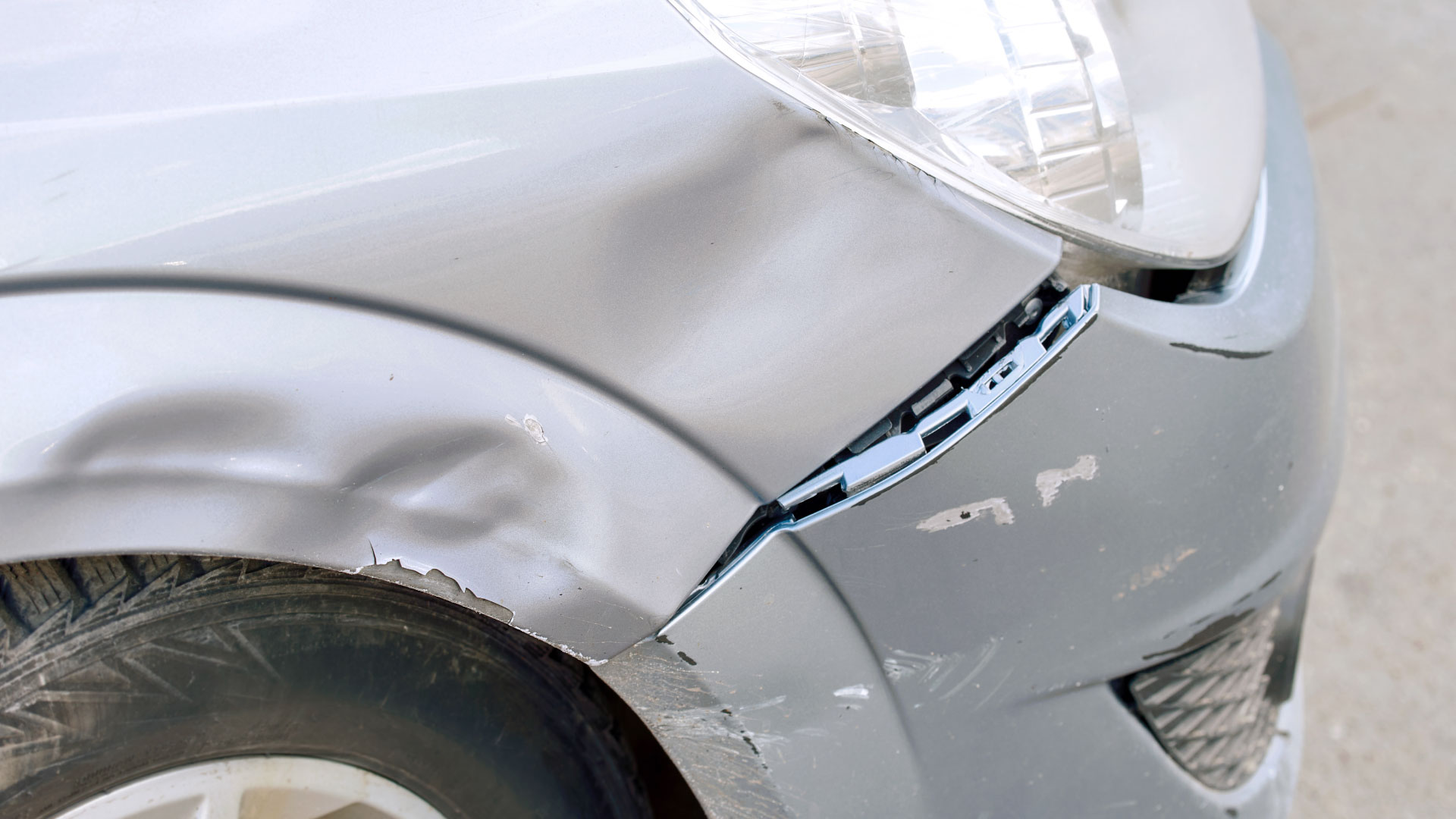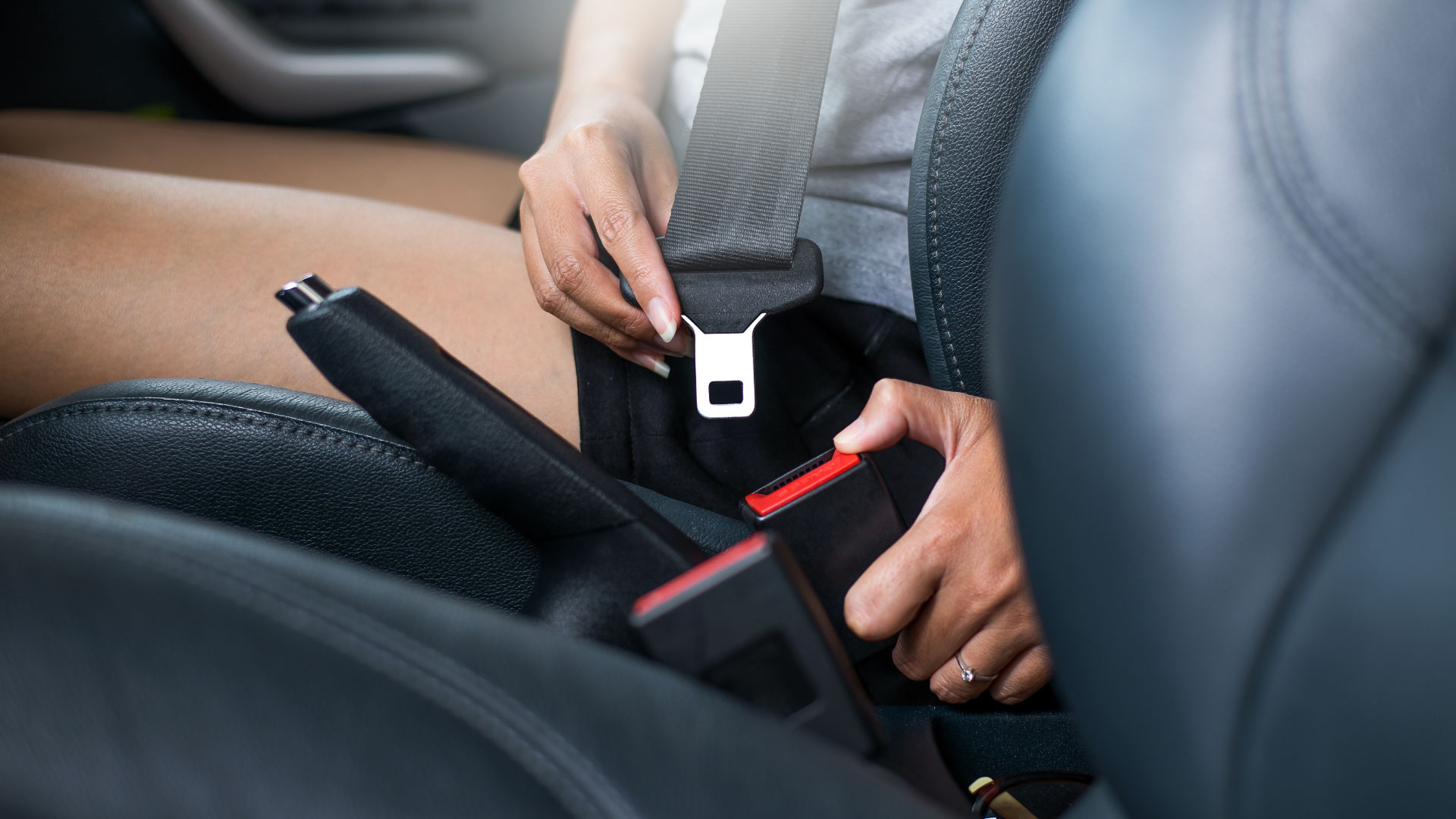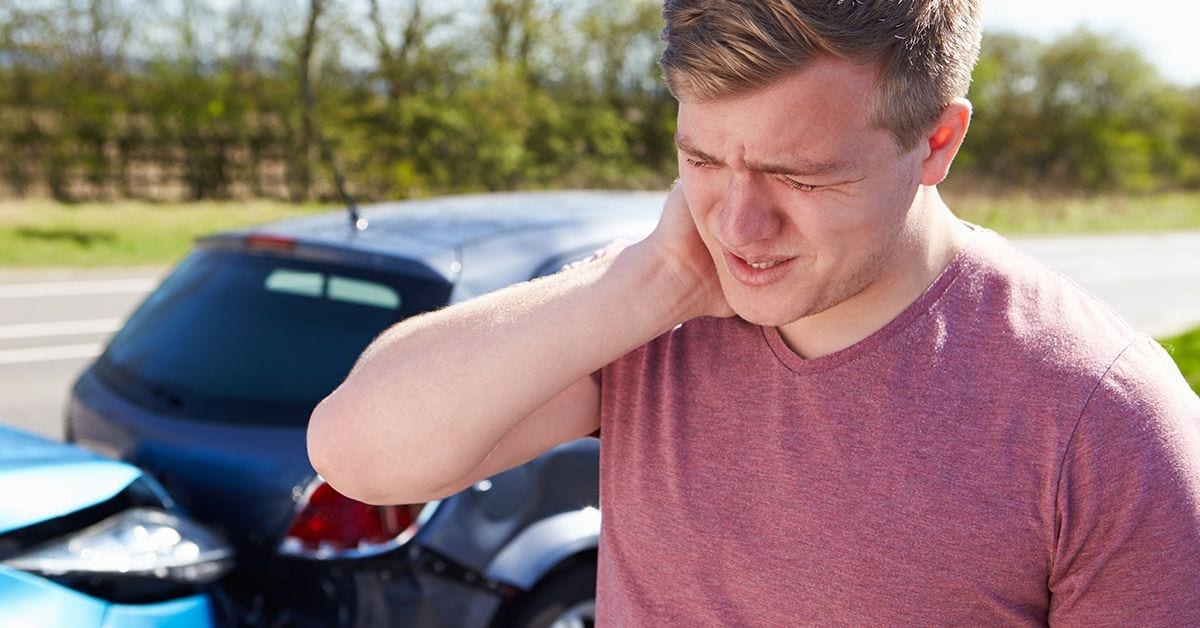What to Do After a Car Accident in Augusta, GA
- Key Takeaway #1: Taking the right steps immediately after a car accident in Augusta—from calling 911 to documenting the scene—can protect both your safety and your legal rights.
- Key Takeaway #2: Prompt medical attention and careful communication with insurance companies are essential to building a strong personal injury claim.
- Key Takeaway #3: Working with an experienced attorney at M. Austin Jackson Injury Lawyers can help you navigate the process and pursue fair, full compensation.
After a car accident in Augusta, you should prioritize safety first: turn on your hazard lights, get to the side of the road (if possible), and contact 911 to report the accident and request any necessary medical attention.
We know that the moments immediately following a car accident in Augusta can feel like a blur—a sudden rush of confusion, adrenaline, and concern. It’s crucial to know what steps to take, both to protect yourself and any potential insurance or legal claims later down the line.
At M. Austin Jackson Injury Lawyers, we’ve helped countless crash victims in Augusta navigate the aftermath of serious accidents. Whether you’re on the Bobby Jones (I-520), Broad Street, or any road in between, knowing the right steps to take can make all the difference in your physical recovery and your financial future.
Here’s what you should know.
Immediate Steps to Take at the Accident Scene
From the moment the crash happens, your actions matter. The right decisions at the scene can keep you safe and create the foundation for a strong personal injury claim later on.
1. Ensure Safety First
If you’re able to move without further injury, your first priority should be safety.
Turn on your hazard lights. If the vehicles are drivable, Georgia law allows you to move them out of the flow of traffic. Do so if possible, but be especially careful on high-traffic roads like an interstate or local highway. While South Carolina doesn’t have a specific statute requiring you to move your car, it’s generally recommended to move your car out of traffic flow if it is safe to do so. Moving your vehicle prevents secondary collisions, which are common in congested areas or when visibility is poor.
If the vehicles are disabled or moving them would be dangerous, stay where you are, remain calm, and wait for help. Warn oncoming traffic if you can safely do so. Above all, avoid stepping into traffic. Your safety comes first!
2. Call 911 and Report the Accident
Under Georgia law, you’re required to report any accident involving injury, death, or property damage over $500, which applies to nearly all collisions. Calling 911 ensures that emergency responders and local law enforcement, such as the Richmond County Sheriff’s Office or Augusta-Richmond County Fire Department, are dispatched to the scene.
An official accident report serves as vital documentation. It can clarify who was at fault, document injuries, and help investigators establish a timeline—all of which are important if you later need to pursue compensation. Be honest and stick to the facts when giving your statement to police.
Try not to speculate: remember, adrenaline and confusion after a collision can cloud your judgment, and you don’t want to accidentally say something that could hurt your case.
3. Exchange Information with Other Drivers
Get the full name, contact details, driver’s license number, license plate number, and insurance information from all involved drivers. If there are passengers or witnesses, collect their information too. These bystanders can sometimes provide statements that help establish fault.
Georgia and South Carolina both follow a fault-based insurance system, so this exchange is especially important. The driver who caused the accident (and their insurance company) may be liable for your damages, so you need a clear and complete record to back up your car insurance claim.
4. Document the Scene
Use your phone to take photos and videos of the relevant details: vehicle positions and damage, road conditions, skid marks, traffic signs, weather, and any visible injuries. Take multiple angles and include wide shots as well as close-ups. If your injuries prevent you from doing this yourself, ask a passenger or bystander for help.
Try to also record details in writing. What happened, what direction each vehicle was going, what was said by other drivers—these notes can jog your memory later when you’re speaking with your attorney or an insurance adjuster.
5. Prepare to Contact Your Insurance Company and a Lawyer
While you don’t need to reach out to your insurance provider and a trusted auto accident attorney right away, those should be the next items on your list once things have settled down.
Your insurance company will look into your accident and evaluate the damages that resulted from the car crash. A local attorney like ours at M. Austin Jackson Injury Lawyers will advocate for fair compensation on your behalf, taking care of the details, deadlines, and negotiations to help you maximize your recovery.
Seeking Medical Attention in Augusta
Even if you feel okay after the crash, don’t assume you’re uninjured. Many serious injuries—like concussions, internal bleeding, whiplash, or soft tissue damage—don’t show symptoms right away. In some cases, symptoms can take days or even weeks to appear.
Prompt medical care serves two purposes. First, it protects your health; second, it establishes a direct link between the accident and any injuries you’ve suffered. This is essential for both personal injury claims and long-term recovery.
In Augusta and Aiken, you have several excellent options for treatment:
- Wellstar MCG Health Medical Center: Formerly known as the Augusta University Medical Center, this is a Level I Trauma Center and teaching hospital with 24/7 emergency services and specialists on hand for complex injuries.
- Doctors Hospital of Augusta: Offers a comprehensive ER and is particularly known for orthopedic and surgical care.
- Piedmont Augusta: Provides comprehensive emergency services, advanced cardiac care, and specialized treatments across various disciplines.
- Aiken Regional Medical Centers: An acute care hospital offering a wide range of services, including emergency care, oncology, and internal medicine.
- ER at Sweetwater: Located in North Augusta, SC, ER at Sweetwater is a freestanding emergency department offering 24/7 care, equipped with private exam rooms and advanced diagnostic technology.
- Local urgent care centers: For less serious injuries or when ER wait times are long, facilities like MedNow Urgent Care or WellNow Urgent Care offer fast, efficient service.
Make sure to describe all your symptoms, even minor ones, and attend all follow-up appointments. Keep copies of every medical record, invoice, and prescription. These documents guide your treatment and can be vital evidence when seeking compensation for your injuries.
If you wait too long to seek care, the insurance company may try to argue that your injuries weren’t caused by the crash. Don’t give them that opening. Your well-being and your case depend on prompt, thorough medical attention.
Legal Requirements After an Accident in Georgia and South Carolina
If your accident occurred near the Georgia-South Carolina border—or if you live in one state and were hit in the other—it’s important to understand the legal obligations in both.
In both states, drivers are required to:
- Stop at the scene of the accident.
- Render aid and call for emergency assistance if needed.
- Exchange information and report the crash to law enforcement.
Here’s where they differ:
- Georgia: You must report any crash involving injury, death, or property damage over $500. Failing to report can lead to criminal penalties and may jeopardize your claim.
- South Carolina: You’re required to report accidents involving injury, death, or property damage of $1,000 or more immediately. You must also file a written report with the DMV if police don’t respond to the scene.
A qualified personal injury attorney—especially one familiar with both states’ laws—can help you determine which rules apply and how to stay in compliance with filing requirements.
Disputed Fault in GA and SC: Who’s to Blame?
Another key difference between Georgia and South Carolina is how they handle cases where you’re partially responsible for the accident. Here are the basics:
- In Georgia, if you’re found 50% or more at fault, you can’t recover compensation.
- In South Carolina, the threshold is higher—you can still recover damages as long as you’re less than 51% at fault.
In both states, however, any share of fault reduces your compensation proportionally. While that 1% may not seem like a big difference, keep in mind that it can have a major impact later on! Consider the following example:
Imagine you get into a crash at a four-way stop resulting in $30,000 in damages to you and your car. Both you and another driver incorrectly assumed you had the right of way, and you are ultimately found to each be 50% at fault.
- In Georgia, you would recover $0. You’re half to blame, so you can’t recover a dime.
- In South Carolina, you would recover $15,000 (your damages reduced by your share of fault, 50%).
That’s why having a lawyer matters: they gather evidence, consult witnesses, and work to show the true cause of the crash so you’re not unfairly blamed. And a small shift in who’s found at fault can have a big impact on your recovery.
Dealing with Insurance Companies After a Crash
After an Augusta car accident (or an accident anywhere in the CSRA), working with insurance companies is rarely straightforward. Their priority is protecting profits, not people. That’s why it’s critical to understand what to say (and what not to say!) when the phone starts ringing.
Notifying Your Insurance Company
Most Georgia auto policies require you to notify your insurer within a reasonable time frame—usually within a few days. Delays can give them a reason to deny your claim. So act quickly, but speak carefully.
Stick to the facts. Report the date, time, and location of the crash. Share contact information for the other driver(s), and let them know if a police report was filed. Do not speculate about fault or injuries. Even casual comments like “I’m fine” or “I think I was going a little fast” can be used against you later.
You have the right to consult an attorney before giving detailed statements. In fact, it’s often the smartest move you can make, as research shows that individuals who hire an attorney after an accident consistently recover more than those who don’t.
Navigating Communications with the Other Driver’s Insurance
This is where many accident victims run into trouble. The other driver’s insurance company may call you soon after the crash, sometimes within hours, asking for a recorded statement or offering a quick settlement.
Here’s the truth: they’re not doing this to help you. Their goal is to get you to say something that limits your claim or convinces you to accept less than your case is worth.
We strongly recommend letting your attorney handle all communication with the opposing insurance company. At M. Austin Jackson Injury Lawyers, we know the tactics insurers use and we know how to push back. We’ll make sure your rights are protected and that you never settle for less than your claim is worth.
How Our Augusta Car Accident Attorneys Can Help
We’ve built a reputation for advocating fiercely for injured clients across Augusta and the surrounding areas. In our meetings with you, we’re a compassionate advocate, a guide you can trust. In negotiations, we’re no-nonsense experts who know how to push back and maximize your recovery.
From start to finish, our team handles everything:
- Investigating the crash
- Preserving evidence
- Consulting with medical experts
- Calculating the full value of your claim
- Negotiating with insurance companies
- Filing a lawsuit when needed
We’re proud to serve the Augusta community—not just as lawyers, but as neighbors. Our office is local, our team is accessible, and your consultation is always free. If you’ve been injured in a crash, we’re ready to help.
Frequently Asked Questions
How long do I have to file a car accident claim in Georgia and South Carolina?
In Georgia, you generally have two years from the date of the accident to file a personal injury lawsuit. In South Carolina, you typically have three years. But it’s best to start the claims process as early as possible to preserve evidence and witness memories.
Should I give a recorded statement to the insurance company?
No—not without talking to a lawyer first. These statements can be used to minimize your injuries or shift blame. Always consult with a personal injury attorney before giving any recorded interviews.
What if the accident was partially my fault?
Georgia and South Carolina both follow a modified comparative negligence rule. As long as you’re less than 50% at fault (50% or less in SC), you can still recover compensation, though your award will be reduced by your percentage of fault.
How are medical bills handled after an Augusta car accident?
You may be able to use your health insurance, MedPay (if included in your auto policy), or seek reimbursement through a personal injury claim. An attorney can help coordinate your care and make sure the at-fault driver’s insurer pays what’s owed.
What compensation might I be entitled to after an accident?
You may be eligible for compensation for:
- Medical expenses
- Lost income
- Pain and suffering
- Property damage
- Emotional distress
- Future medical needs
- And more
What should I do differently after being in a car accident in South Carolina?
The general steps are similar, but South Carolina has its own laws and insurance rules. Reporting requirements are strict, and the at-fault driver’s insurer may follow different claim procedures. If you’re unsure, contact our firm—we handle cases in both Georgia and South Carolina.
M. Austin Jackson has more than a decade of experience helping his neighbors in Georgia and South Carolina receive justice and fair compensation after an injury. An Augusta native, Austin is honored to serve this wonderful community, and he prides himself on providing friendly, personal legal guidance for folks in the middle of a hard time.
